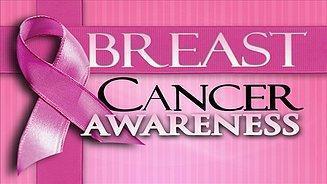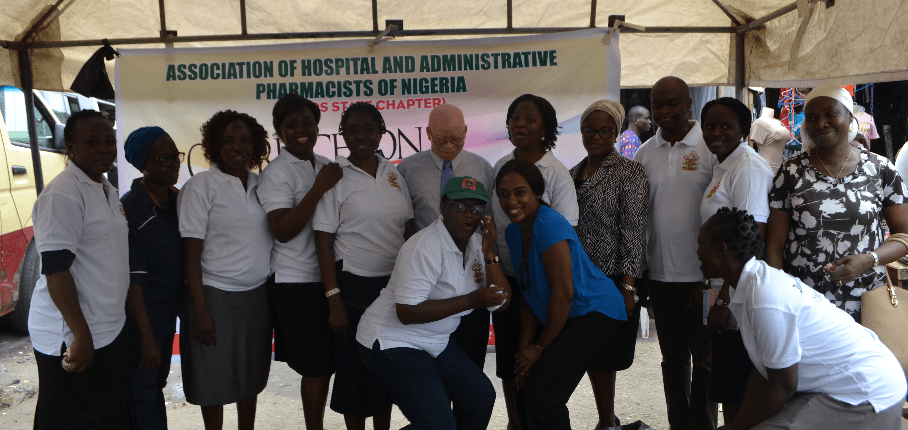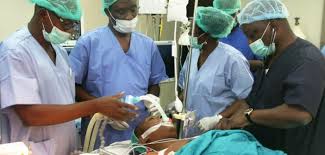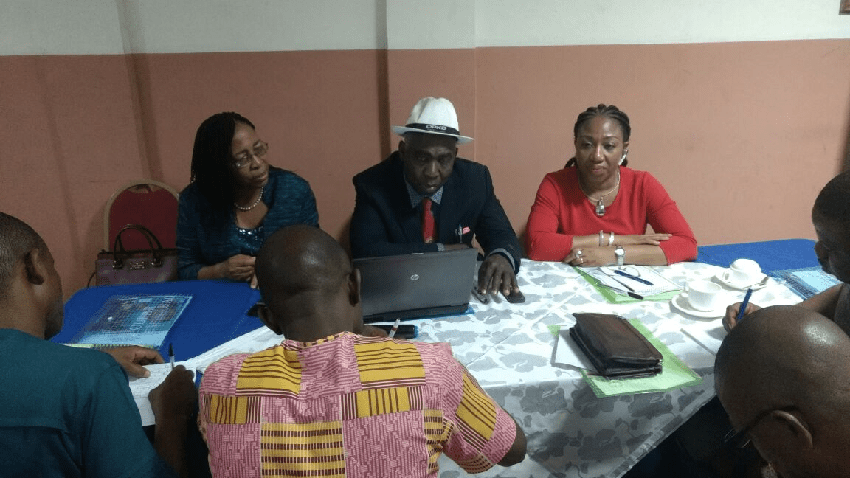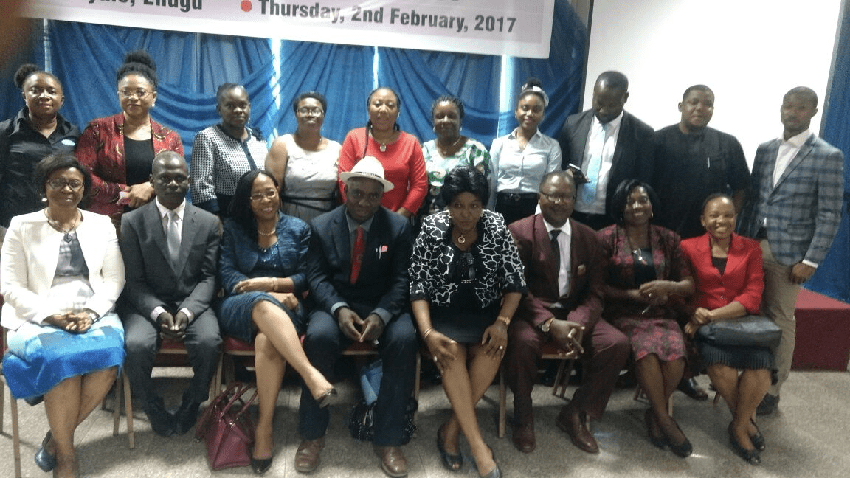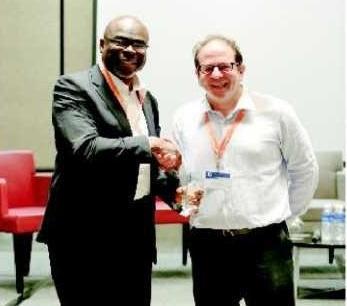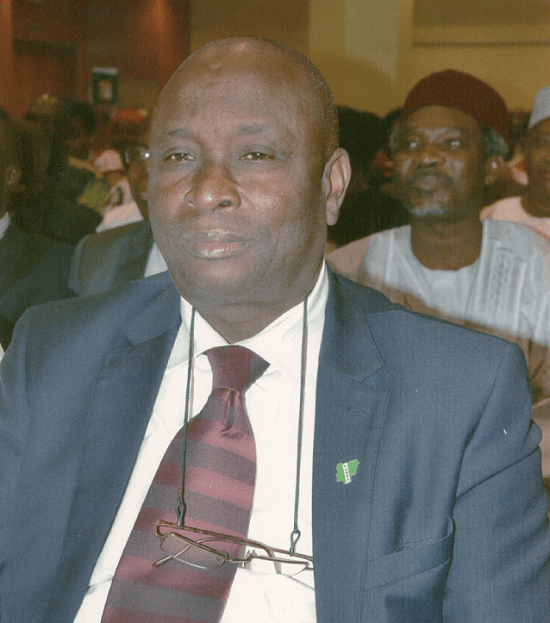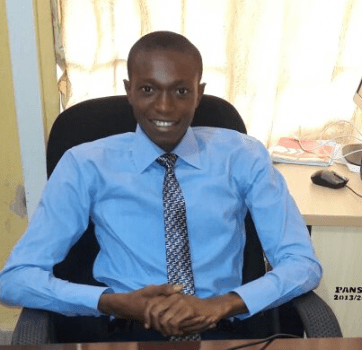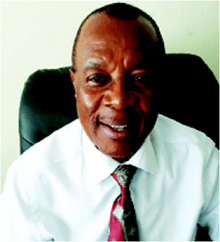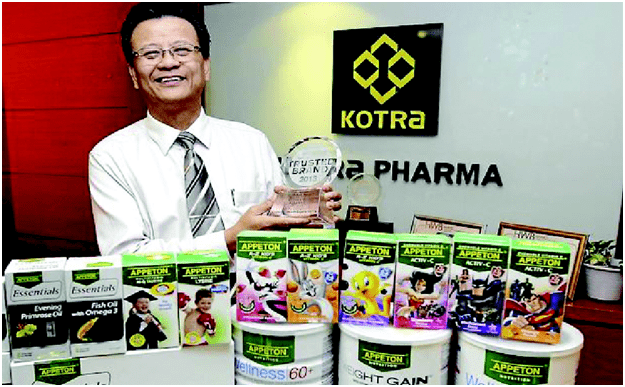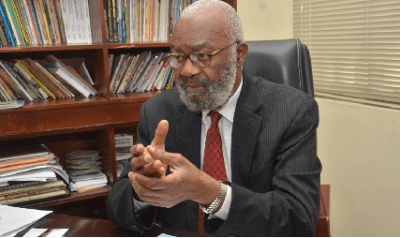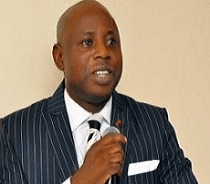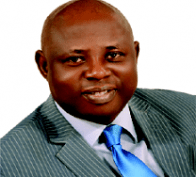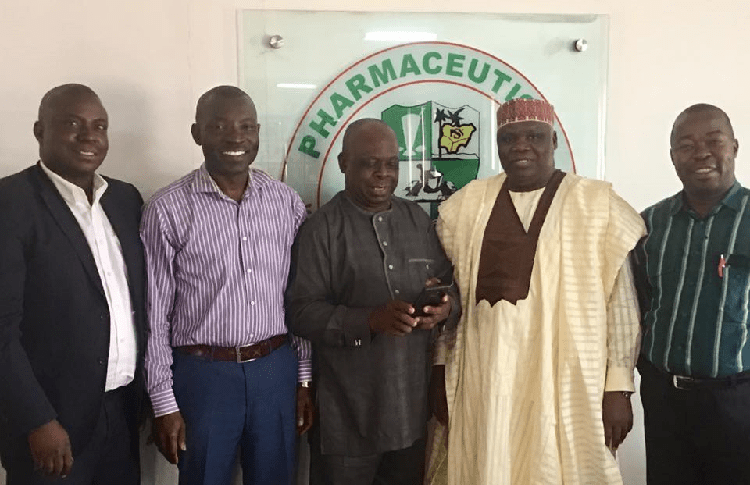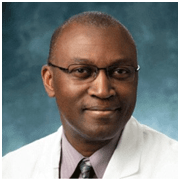By Pharm. Sesan Kareem
President Muhammadu Buhari on 21 September 2016 in his address at the US-Africa business forum on the sidelines of the United Nations General Assembly in New York, said, “Apart from our domestic market of 170 million, the largest in Africa, we are also the main gateway to a combined West African consumer market that is about as large as ours. With a median age of 19, and with 70 per cent of the population below that age of 35, Nigeria’s greatest potential lies in the talent and energy of her youth.”
In other words, 119 million Nigerians are below the age of 35; and 85 million of these are below the age of 19. The median age is the age that divides a population into two numerically equal groups, that is, half the people are younger than this age and half are older. It is a single index that summarises the age distribution of a population.
This fact implies that in the next five to 10 years, a large percentage of young Nigerians will seek more jobs compared to what we have now. With the current high unemployment rate and one of the lowest human capital indexes in the world, the future looks dim for young Nigerians and Nigeria as a nation.
According to the National Bureau of Statistics as at 31 August 2016, unemployment in Nigeria had risen from 12.1 per cent in the first quarter of the year to 13.3 per cent. In the report, the bureau said the number of people that were unemployed or underemployed in Nigeria was 26.06 million people at the end of July, 2016.
Nigeria’s population has been on the increase for at least the last five decades due to very high birthrates, quadrupling its population during this time. According to the 2012 World Population Prospects, the total population was 159,708,000 in 2010, which has risen to over 170,000,000 in 2016 compared to only 37,860,000 in 1950. The proportion of children below the age of 15 in 2010 was 44 per cent, 53.2 per cent between 15 and 65 years, while 2.7 per cent was 65 years old. It shows that out of 90,440,000 employable Nigerians between 15 and 65 years, 26.06 million are currently unemployed, one third of the employable population. In other words, one out of three employable Nigerians is unemployed.
According to World Economic Forum Human Capital Index 2015, Nigeria ranked 120 out of 124 countries in the world in terms of human capacity development, with 47.43; compared to Ghana at position 82 with 62.63 per c the first country in Africa.
Despite Africa’s huge mineral resources, arable lands and games, compared to the rest of the world, we are still the underdeveloped continent because we’ve neglected people’s development. United States is number 17, with 79.64 per cent the list, while Japan is number 5 and Finland is number one with Human Capital index of 79.64 per cent 82.74 per cent respectively.
A nation’s human capital endowment – the skills and capacities that reside in people and that are put to productive use – can be a major determinant of its long-term economic success than virtually any other resources. This resource must be invested in and leveraged efficiently in order for it to generate returns- for the individuals involved as well as an economy as a whole.
Contrary to the above data, Nigerians have shown their resourcefulness and high productivity in all spheres of life in various parts of the globe that they can hold their heads high if provided with the right environment and tools to be the best and compete with the best.
If government and other stake-holders do not have a robust strategy backed with prompt action, the next five to 10 years will be much tougher than what we are currently experiencing in the country – unprecedented unemployment rate, insecurity, dilapidated infrastructures, inflation, low life expectancy, economic downturn, amongst other negative consequences await us a nation.
Additionally, if parents are not informed in order to guide their wards right to navigate the challenges and maximise the opportunities of the coming years, many young people will be frustrated and a lot of families will be affected.
While I utterly agree with President Buhari that our greatest potential lies in the talent and energy of our young ones, I must add that if the proper framework and enabling environment are not intentionally created for them to blossom, turn raw talents into flourishing talents, and sheer energy into positive energy, our greatest potentials may soon become our greatest tragedies.
In the next five years, there will be more opportunities in entertainment, sport, education and digital space for young Nigerians because of our demography.
The real question is, what is the way forward? The way forward is human capacity growth through people’s development and youth empowerment.
Clarification
By the way, what is people’s development? People’s development is a conscious effort by government, organisations or individuals to achieve a positive change in people’s self-image, self-belief, self-worth, self-confidence, self-esteem, inner programming, belief system, area of possibilities, rules of life, thoughts pattern and emotions that lead to a good change in people’s world and subsequently a positive change in our world at large.
When people improve, their careers, businesses, finances, health, relationships and happiness improve. When people become better, it affects their families, friends and communities positively.
For individuals, businesses, organisations, as well as government, to seize the opportunities and overcome the challenges coming in the next five to 10 years, they must fully understand the personal development triangle. The personal development triangle contains three key components: Knowledge, skills and attitude.
Knowledge is the foundation of success. To have an edge as a nation over other nations, we must know the truth – the truth about massive success, sustainable development, and real happiness. It is high time we put premium on reading as a nation and inculcate a culture of voracious reading in our young ones.
It is a truism that information leads to transformation; insights propel foresight; and input determines output. As Francis Bacon rightly opined, “Knowledge is power.” But the application of the right knowledge is the ultimate power. Our education system must focus on application rather than mere theory. The federal, state and local governments must channel huge resources into the educational sector, particularly primary and secondary education. If we can lay a solid foundation for our young ones, then the rest is half-solved.
A knowledgeable citizen is an empowered citizen. The government must set their priorities right and invest in qualitative education, research and development, teacher’s training, and conducive learning environment for our young minds to be truly educated. Education is light, but substandard education is disastrous. Researches have shown that the basic education anyone really needs to succeed in life is high school certificate.
Skill is the ongoing application of knowledge through training, experience and practice. It is imperative for Nigeria to become a highly skillful nation. Government must invest in world class technical schools to produce world class carpenters, welders, tailors, plumbers, technologists, painters, foremen and other technical professionals that can compete favourably in the global market. A skillful nation is a productive nation. In addition, government must introduce leadership and entrepreneurship studies at Junior Secondary level, precisely, JSS 1.
Currently, there are some subjects in our curriculum that should be replaced because they do not prepare our young ones to face the challenges and utilise the opportunities of the 21st century. Individuals must keep improving on their existing skills while developing additional skills. Our thinking as individuals and as a nation must be global. We must live locally, but think globally in all our endeavours.
Attitude is the way someone thinks and feels that determine the way he behaves. Simply put, attitude equals thought plus emotion. Attitude is everything. More than anything else, as a nation we must develop the attitude of faith, hope, commitment, focus, determination, patience, humility, love, generosity, persistence and gratitude in the minds of our young ones.
To achieve this, emotional intelligence must be part of our senior secondary school curriculum. Justice must be the order of the day. Religious, business, community and political leaders but be the examples and set the examples for our young ones. Parents must be the right models for their children by doing the right things and displaying the right attitude. As a society, we must frown at get-rich-quick-syndrome and build a culture of prosperity through due diligence. We must banish corruption in our lands and uphold transparency in all of our affairs.
Nigeria has all the potentials to be one of the 20 global leaders of the world in the next two decades if we adequately tap into the potentials and energy of our young ones. For decades now, we’ve neglected the most crucial factor of national development (the human capacity building.) The right time is now for all hands to be on deck; we must go to work and develop our nation through a commitment to people’s development. It’s either we start now and build a great Nigeria with a bright future as a nation or we continue the old ways of doing things and pay the huge consequences of underdevelopment and lack of foresight. In the golden words of Josiah Stamp, “It is easy to dodge our responsibilities, but we cannot dodge the consequences of dodging our responsibilities. “
May God bless Nigeria.
Sesan Kareem is a prolific author, health and life strategist and a human capacity development consultant. He writes from Lagos, Nigeria.





